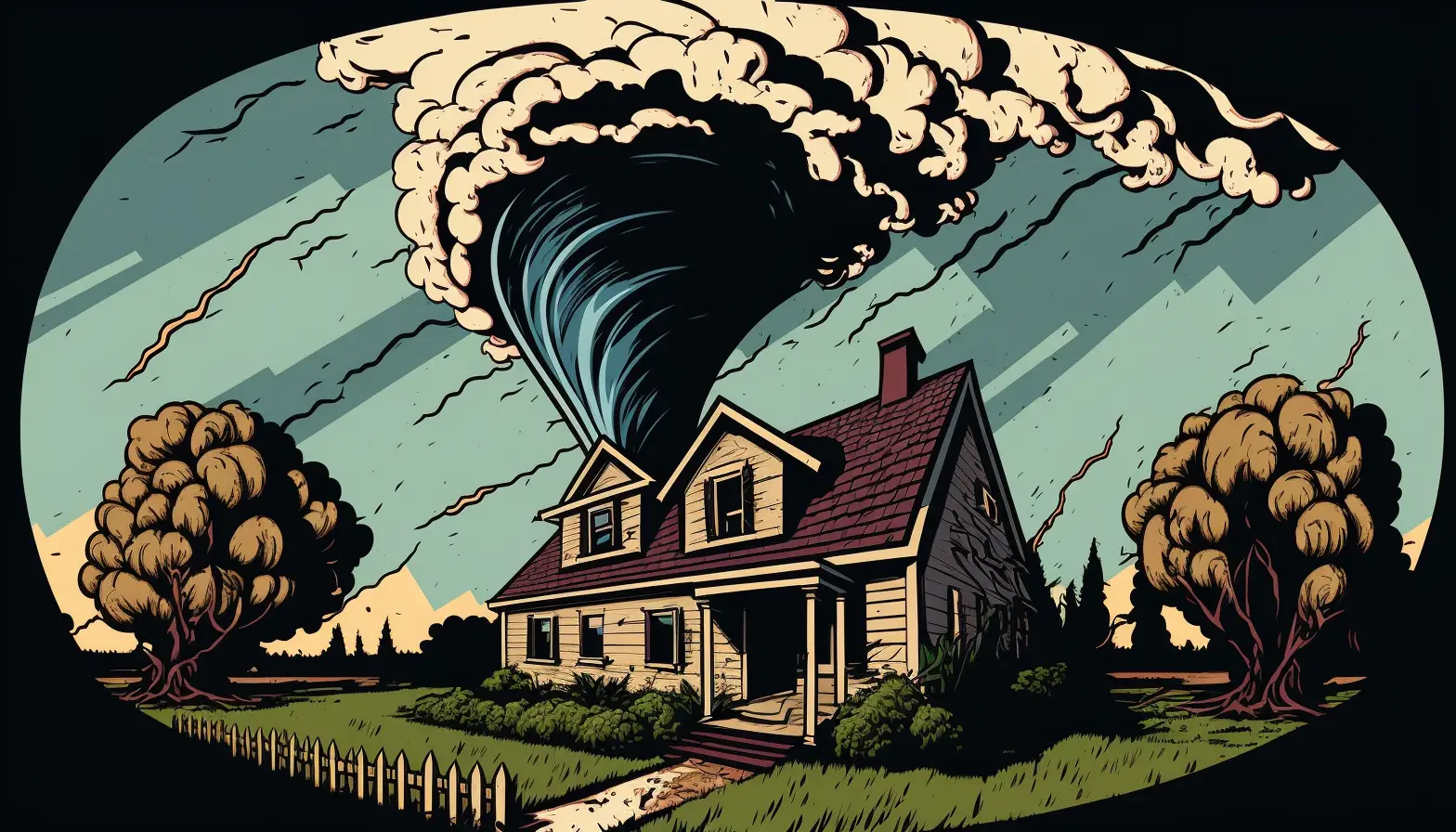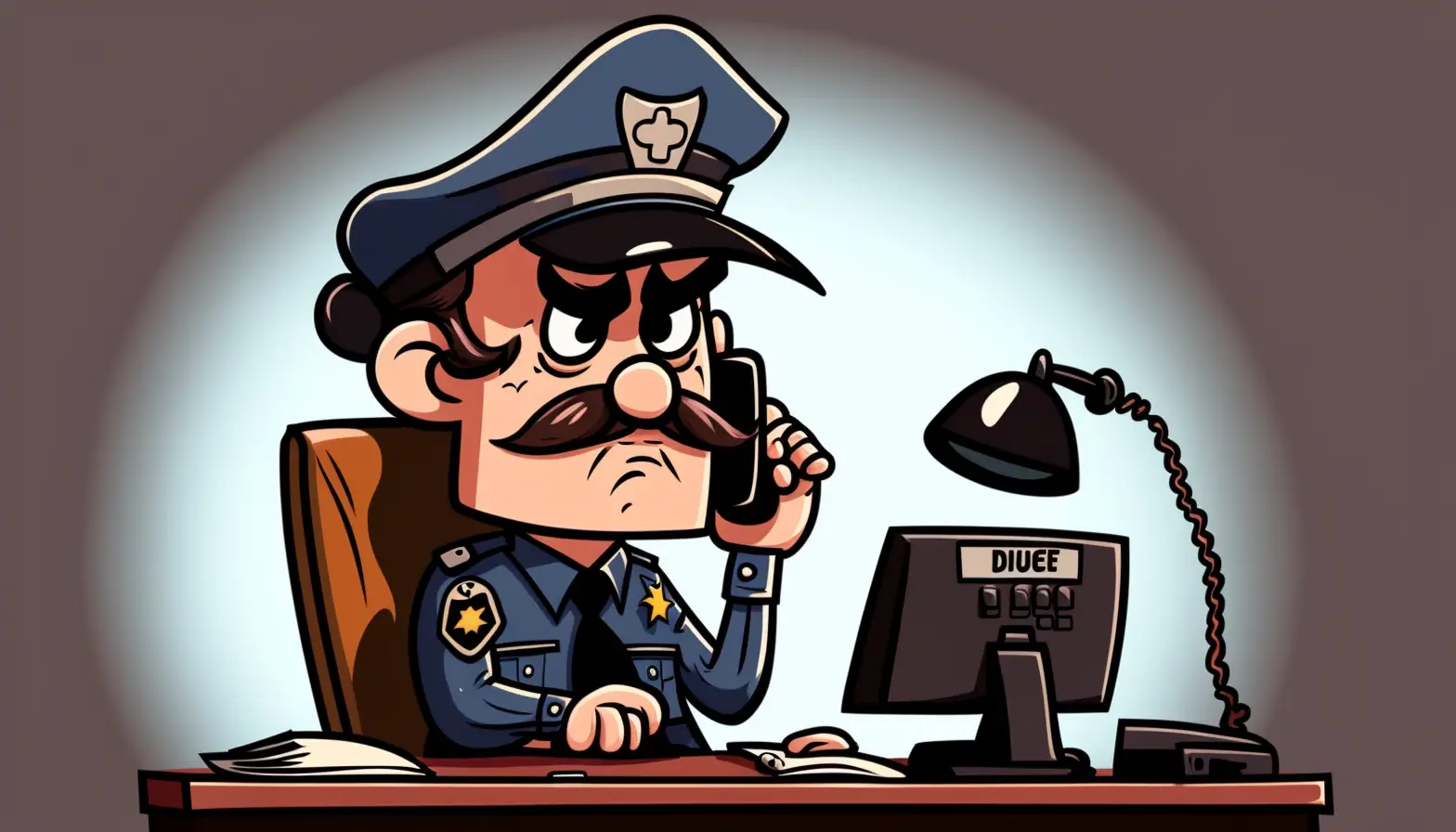Quick Answer:
When there is an imminent threat to your life or property, such as during violent crimes, accidents that require quick medical attention, suspicious activity or conduct, or domestic problems involving violence or the threat of violence, you should dial 911. The situation, your location, and any injuries or medical conditions of the people involved should all be accurately and completely described when dialing 911. Also, it’s crucial to maintain your call and heed the dispatcher’s directions.
Below I’ll dive deeper into situations when it’s appropriate to dial 911 as well as how to locate your non-emergency line for help as well.
Situations Where You Should Call 911

This is a list of instances in which you should dial 911:
- Emergency medical situations, such as chest pain, trouble breathing, or loss of consciousness.
- Fires, explosions, or other disasters that endanger property or persons immediately.
- Assaults, burglaries, and robberies are examples of ongoing crimes.
- Suspicious activities or behavior, such as breaking into homes, cars, or companies or participating in unlawful drug use.
- Accidents involving automobiles or other vehicles that necessitate rapid medical intervention.
- Domestic disputes or disturbances involving violence or the fear of violence.
- Tornadoes and floods are severe weather events that pose an immediate hazard to persons or property.
- Suicidal people or people experiencing a mental health crisis may hurt themselves or others
Situations Where You Shouldn’t Call 911
Understanding when to call 911 is just as important as understanding the instances in which it wouldn’t be beneficial. I don’t mean that you shouldn’t reach out for assistance but use a non-emergency line to get help.
Here are a few situations in which you should use a non-emergency line:
- Suspicious activity: If you see something suspicious in your neighborhood that doesn’t require immediate attention, such as a car driving slowly through the area, you can contact the non-emergency line to report it.
- Noise complaints: If you’re experiencing loud noise from a party or gathering that isn’t an immediate threat to your safety, you can contact the non-emergency line to report it.
- Non-life-threatening medical issues: If you or someone you know is experiencing a medical issue that isn’t life-threatening, such as a fever or a minor injury, you can contact the non-emergency line to request medical assistance.
- Minor traffic accidents: If you’ve been involved in a minor traffic accident and no one is injured, you can contact the non-emergency line to report the accident.
- Non-emergency animal issues: If you encounter an animal issue, such as a lost pet or a non-aggressive animal, you can contact the non-emergency line to request animal control.
Remember that the non-emergency line is still an important resource, so use it responsibly and only for non-emergency situations. If you’re unsure whether a situation is an emergency or not, it’s always better to err on the side of caution and call 911.
What Happens When You Call 911?
When you call 911, you will be connected to an emergency dispatcher who will ask you a series of questions to determine the nature and severity of the emergency. The dispatcher will gather information such as your location, the type of emergency you’re experiencing, and whether anyone is injured or requires medical attention.
The dispatcher will use this information to prioritize your call and dispatch the appropriate emergency responders, such as police, fire, or medical personnel. They may also provide you with instructions on how to stay safe or provide basic first aid until help arrives.
If you are unable to speak or communicate with the dispatcher, they will attempt to locate you using your phone’s GPS coordinates or other methods.
It’s important to stay calm and answer the dispatcher’s questions to the best of your ability. Try to speak clearly and provide as much information as you can about the situation. Remember that emergency responders are trained professionals who will do their best to help you, but they rely on accurate information to do their jobs effectively.
After the emergency has been resolved, you may be asked to provide feedback or follow-up information to help improve the emergency response system in your area.
Example: My wife and I witnessed a car collision at our intersection. I proceed to call 911 and was then asked about the nature of the accident, the location, injuries, etc. After that, I was then transferred to the correct country and responders to give them the information as well.
What Happens When You Call The Non-Emergency Line

When you call the emergency line, which in many countries is 911, you will be connected to an emergency dispatcher who is trained to handle all types of emergencies. The emergency dispatcher will ask you a series of questions to determine the nature and severity of the emergency, and they will use this information to dispatch the appropriate emergency services to your location.
The dispatcher will ask you to provide basic information such as your name, phone number, and the location of the emergency. They will then ask you for a detailed description of the situation and any injuries or medical conditions that require immediate attention.
Based on the information you provide, the dispatcher will prioritize the call and dispatch the appropriate emergency services, such as police, fire, or medical personnel. The dispatcher may also provide you with instructions on how to stay safe or provide basic first aid until help arrives.
Example: I’ve recently contacted our non-emergency line to report a car that had parked in a handicapped section without any sort of handicap tags. While I usually don’t think too much about this, during this time there was clearly another vehicle that needed the spot. During the call, I was asked what the situation was and transferred to the correct county, after that he sent a deputy out to deal with the issue.
How to Contact Your Non-Emergency Line
Finding the non-emergency line will depend on your location, but it’s typically easy to find by searching online. Here are some additional details to keep in mind:
If you’re in a rural area or unincorporated part of the county, you may need to contact the county sheriff’s office to obtain the non-emergency phone number. The county’s website or phone book should have this information.
If you’re in a city or town, you can typically find the non-emergency phone number on the city or town’s website. You can also try calling the city or town hall during regular business hours and ask for the non-emergency phone number.
In some cases, the non-emergency line may be a direct line to the police department, while in others it may be a general number for all non-emergency services. When you call, you will likely be asked to provide information such as your name, location, and the reason for your call. Be prepared to provide as much detail as possible to help the dispatcher assess the situation and determine the appropriate response.
Penalties for Falsely Calling 911
Kansas law 21-6207 states that it is illegal to make a false or misleading request for emergency services, such as law enforcement, fire, or medical assistance, when there is no reasonable ground for believing that such assistance is needed. The severity of the offense ranges from a Class A nonperson misdemeanor to a severity level 1 person felony, depending on the circumstances. The law also notes that violating this section may result in prosecution for interference with law enforcement, and the person making the unlawful request cannot use the defense that the victim contributed to their harm. Additionally, the offender may also be prosecuted for any form of homicide.
